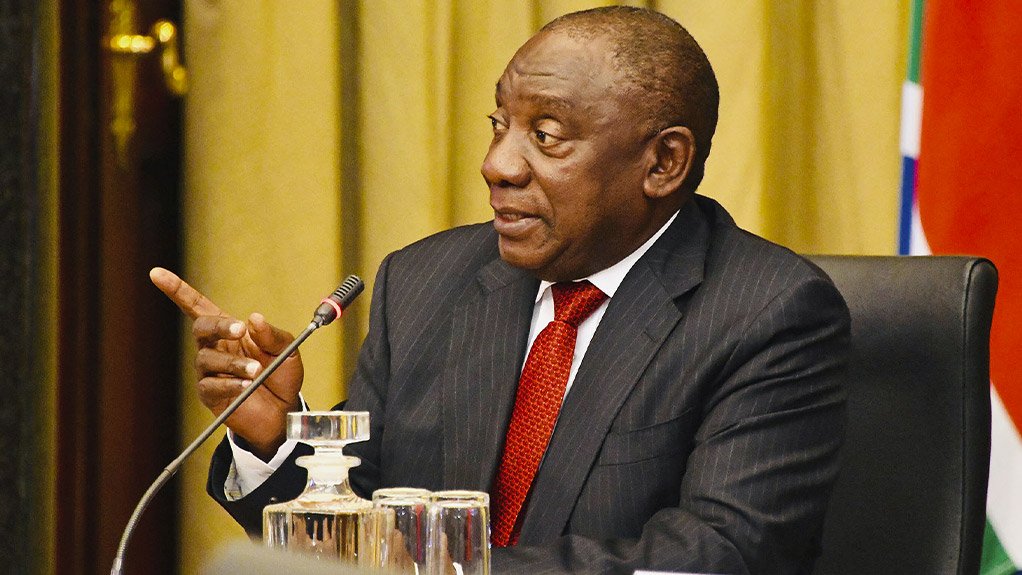Public interest law centre SECTION27 on Friday strongly encouraged President Cyril Ramaphosa to sign into law the Basic Education Laws Amendment Bill (BELA Bill) as soon as possible.
The Bill was passed by the National Assembly on Thursday, despite concerns. On Wednesday the Education Portfolio Committee met to consider the amendments and adopt a report for submission for the passing of the Bill in the National Assembly after it was sent back by the National Council of Provinces.
The Bill was subject to much public opposition owing to its removal of powers from parents and giving such powers to the State.
The Bill will now go to the President for assent.
SECTION27 welcomed the signing of the Bill, and said it was a necessary piece of legislative reform that would align the current South African Schools Act 84 of 1996 with developments in the education sector and case law from the country’s courts.
One of the key changes that the BELA Bill seeks to introduce is the strengthening of the Department of Education's (DBE) oversight over language and admission policies that school governing bodies (SGBs) are mandated to develop, said SECTION27.
“There has been strong conservative opposition to this, but these changes will not only align the Schools Act with Constitutional Court cases such as MEC for Education in Gauteng Province v Governing Body of Rivonia Primary School, but will also ensure wider access to the right to basic education and address past inequalities that have stubbornly lingered in South Africa’s education system through discriminatory SGB policies,” it explained.
However, SECTION27 expressed disappointment that the Bill increased the penalty imposed on parents who do not let their children attend school, which it said was an ineffective and potentially harmful method to increase learner attendance at school.
The organisation said further education law reform could address the issue.
Meanwhile, the FW de Klerk Foundation expressed concerns with Bill, which it said would infringe on the right to education in an official language of choice (Section 29(2) of the Constitution), even as the State had failed to effectively expand the official languages that education was offered in.
It said that it was also concerned with the criminalisation of parents for failing to send their children to school from Grade R, which it believed would disproportionately impact socio-economically vulnerable families.
“This begs the question whether criminalising parents is the right solution to address attendance issues in our schools,” said FW de Klerk Foundation constitutional programmes manager Daniela Ellerbeck.
Ellerbeck highlighted that the Bill continued to criminalise parents (with up to 12 months’ imprisonment) should they fail to enrol their child from Grade R.
It also grants the State the power to direct a public school to adopt more than one language of instruction.
However, public hearings with the affected community are compulsory, allowing them to tell the State what they think about this decision and SGBs can also appeal against the State’s decision.
AfriForum said it remained steadfast in its commitment to oppose the Bill, which it said continued to prove a threat to the existence of Afrikaans schools and quality education.
AfriForum announced that its preparations for legal action against the Bill are ready for finalisation, depending on further developments.
EMAIL THIS ARTICLE SAVE THIS ARTICLE ARTICLE ENQUIRY
To subscribe email subscriptions@creamermedia.co.za or click here
To advertise email advertising@creamermedia.co.za or click here











